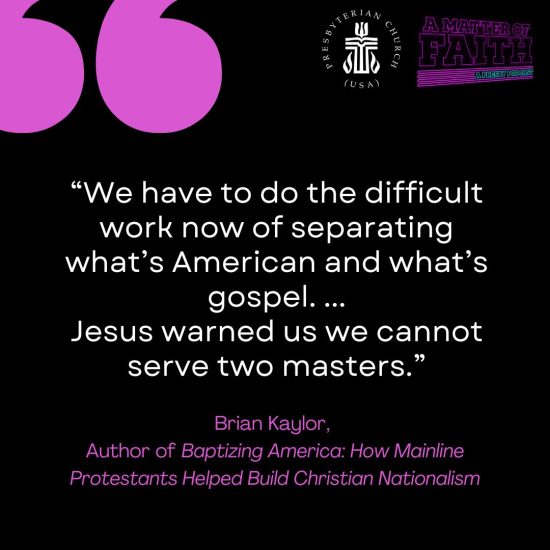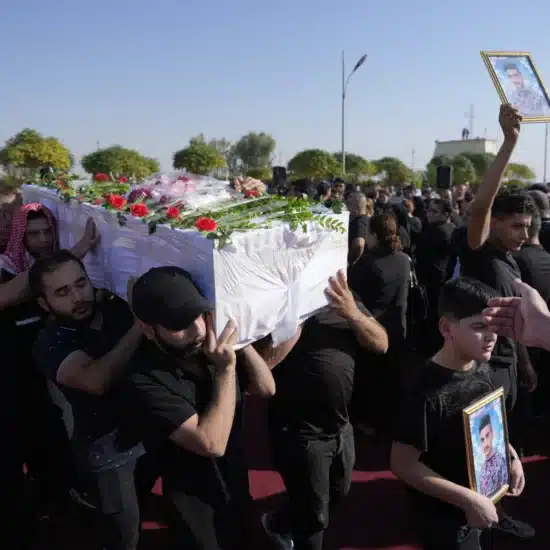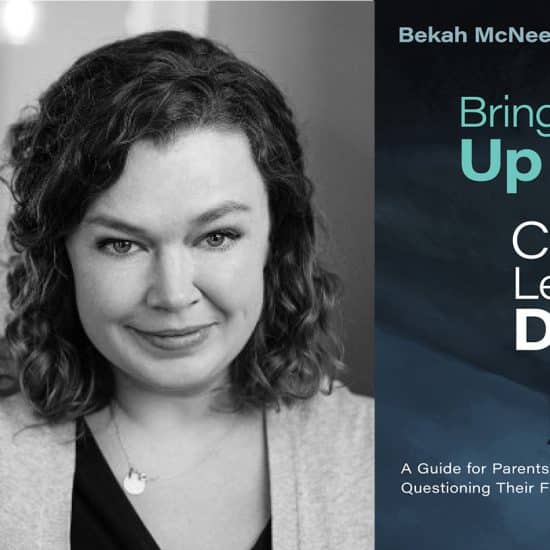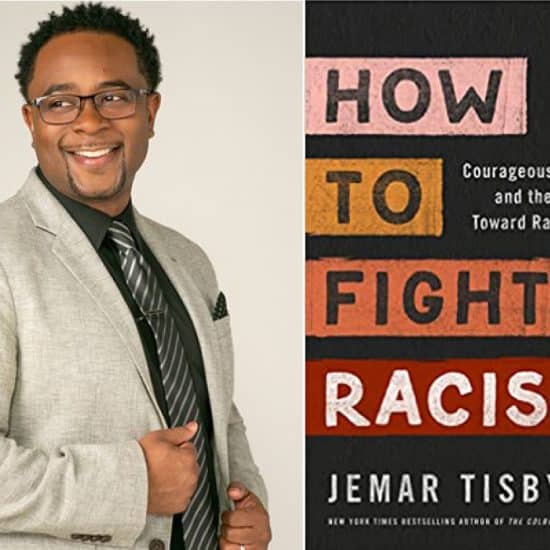Christian stewardship is not a concept that exists in a vacuum. And stewardship is not a stand-alone word. While the exercise of good stewardship can become a habit, it is anything but a rote exercise. It is a willful discipline usually not associated with the indifferent or the merciless among us.

Bill Webb
|
The best stewards tweak their talents so they can be generous in sharing them. They manage and maximize time so they will use it effectively. They hone and expand their abilities. They also carefully manage the financial resources entrusted to them, whether they be meager or vast. As they go through each day, they seek to discern God's intentions for their lives.
Believers often go to extraordinary lengths to enhance what they have to offer because they seek to please God and make a lasting impression for good on others. They in turn ask God to bless these efforts and resources in such a way as to maximize them.
Stewardship by its nature intersects with several other concepts, including gratitude, obedience, faith, hope, love, concern, grace, mercy, responsibility, generosity, service, sacrifice and many others.
Perhaps outstanding stewardship's most significant intersection is with compassion. Most dictionaries define compassion as a feeling that often manifests itself in action to alleviate the suffering that prompted the feeling in the first place.
Christendom has a model for compassion-driven stewardship, and it is Christ himself. But unlike the secular definition, the Christ-model leaves no room for compassionate pity without compassionate response. The Gospels clearly identify the Lord's motivation in such situations, perhaps so that early witnesses and contemporary Bible readers would never mistake his motivation for show or accolades – common human temptations.
Probably the most common form of financial stewardship is exercised out of abundance. For most of us, supporting a church, its ministries and other causes – while voluntary – does not unnecessarily stretch us or deprive us of what we need.
Many of us are aware of individuals who don't appear to have the money that they still choose to contribute out of conviction. They give not out of abundance but out of their lack. We usually refer to them as sacrificial givers.
These people often find ways to exercise compassion even when they do not appear to have time. They live with a sense of spiritual urgency and they care too much to decline to respond. They fill some of the ministry gaps left by many of us who, frankly, have trouble finding the time or inclination to do our part.
Without diligence in stewardship, the future of the faith is at risk.






